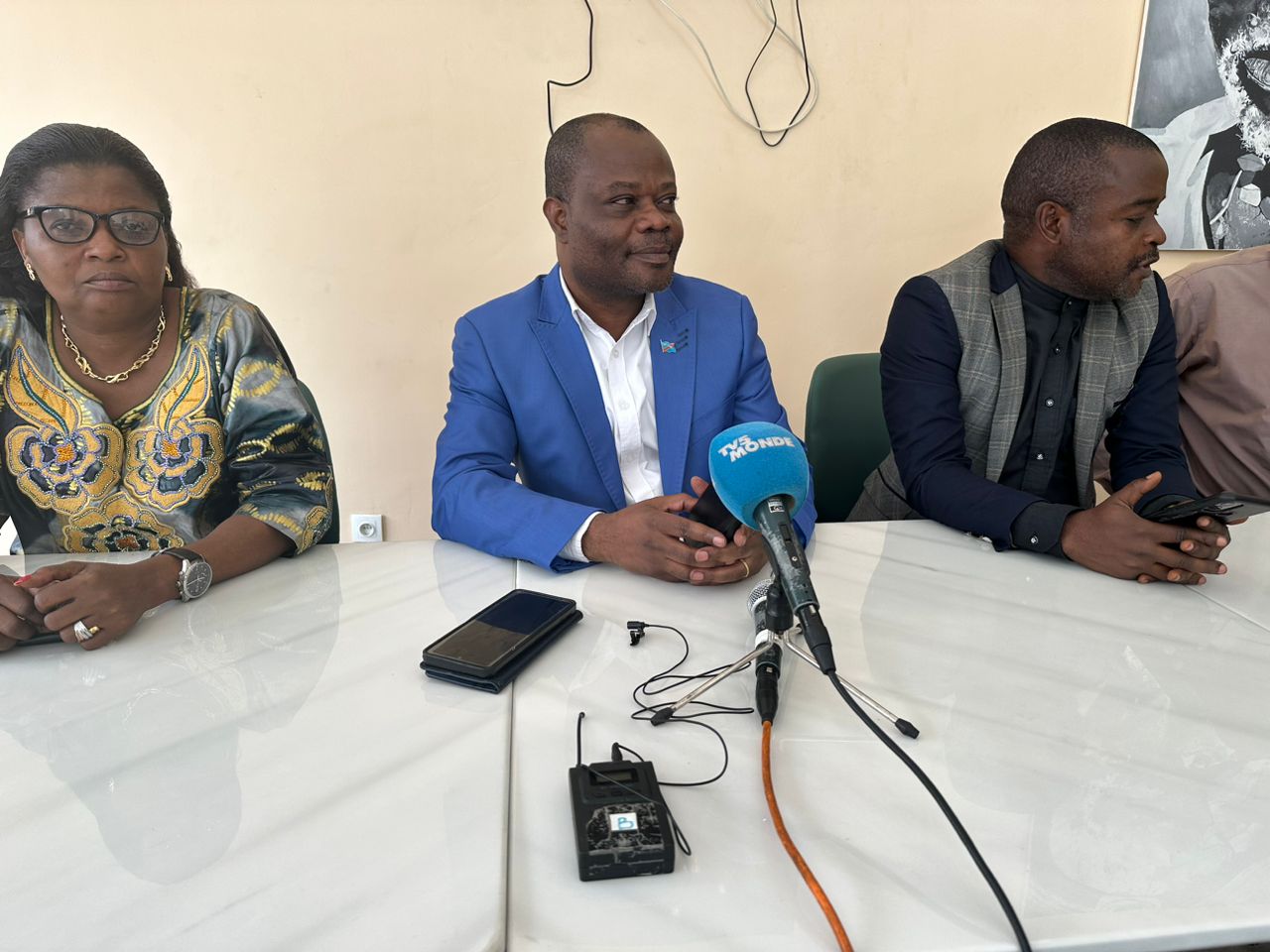### Mining in South Kivu: Issues of Governance, Justice and Law Enforcement
On 6 January, a notable event took place in Kinshasa when the civil society panel of experts issued an urgent appeal to the Congolese authorities to intensify their fight against the illicit exploitation of natural resources, particularly minerals in South Kivu. This statement, particularly the one that followed the recent seizures of gold and silver involving Chinese miners, highlights not only questions of legality, but also issues of sovereignty, environmental responsibility and institutional integrity.
### The context: a rich but vulnerable region
South Kivu, one of the richest provinces in mineral resources in the Democratic Republic of Congo (DRC), is facing illegal mining that seriously undermines its sustainable development. According to a United Nations (UN) report, approximately 90% of mining in South Kivu is carried out without permits, contributing to an underground economy that far exceeds official profits.
The fact that this region, although rich, is plagued by poverty and instability is a tragic reflection of the resource curse, often studied in the economic literature. Indeed, natural resources, when poorly managed, can become sources of conflict and corruption, while paralyzing the development of essential infrastructure.
### The consequences of illicit exploitation
Illegal exploitation of minerals has disastrous consequences: environmental degradation, community violence, and an erosion of trust in local institutions. The resources generated by these clandestine activities escape any regulation and do not benefit those who, however, suffer the environmental and social impacts. The statements of the civil society panel serve as a reminder of the urgency of strict regulation and total transparency in the mining sector.
The issue is not limited to strict enforcement of laws, but also encompasses respect for human rights and the rights of local communities. The fight against illegal mining must be coupled with genuine dialogue between authorities, investors, and affected populations to ensure equitable and responsible management of resources.
### Governance to be redefined
The panel of experts expressed its gratitude to the Governor of South Kivu for his determination to create a legislative and practical framework that promotes integrity and transparency. However, for real change to occur, it is crucial that authorities respect the chain of responsibility. The call for the Directorate General of Migration (DGM) to supervise the presence of foreigners must also be reinforced by a requirement for regular assessment of the environmental impacts of foreign companies operating in the region.
The 12 Chinese recently expelled for violating Congolese laws illustrate one aspect of a broader problem: the opaque management of mining contracts that often favors companies with dubious reputations. By putting strong pressure on these actors, the Congolese government could well pave the way for a renewal of trust with the international community, while stimulating an inclusive development model.
### A path to explore: the circular economy model
It is imperative to embark on a path of economic reconversion for South Kivu. In a world where environmental challenges are becoming increasingly pressing, the concept of a circular economy could provide a new approach to ensuring sustainable development. By integrating the concepts of reuse, recycling and waste reduction into the mining value chain, the province could turn a curse into an opportunity.
While keeping a watchful eye on illegal exploitation, it would be beneficial for the authorities to promote initiatives that promote the sustainable use of resources. Such efforts could include training local communities on sustainable mining practices and establishing partnerships with companies recognized for their standards of social responsibility.
### Conclusion: Towards an ethical mining renaissance
Given the urgency of the situation, the statement by the civil society expert panel is part of a constructive dynamic by calling for responsibility from both companies and authorities. The DRC is at a decisive turning point where mine management must evolve towards an ethical model, respectful of laws and human rights, while integrating environmental considerations.
South Kivu, with its rich mining heritage, has the potential to become an example of responsible governance and sustainable development in Africa, provided that the exploitation of its resources is conducted with integrity and in accordance with social expectations. The future of this region, and eventually that of the entire DRC, will depend on the ability of stakeholders to restore trust and build a more sustainable and equitable future together.

